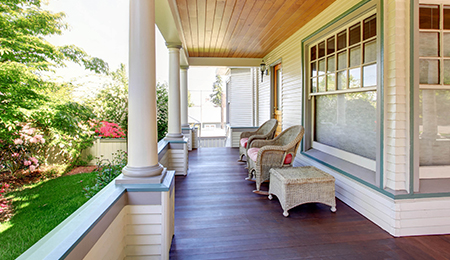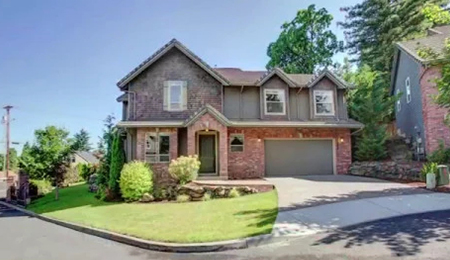Opportunity zones, as the name implies, are full of opportunities. But what are they? Find out with this message.
There’s a lot of information circulating about the topic of opportunity zones, but the sad truth is that much of it is just plain wrong. Today I’d like to help you gain a better (and truer) understanding of what an opportunity zone is by hitting some main points.
First, let me briefly discuss how they came into being. In 2017, a piece of legislation called the Tax Cuts and Jobs Act designated certain economically depressed areas, both rural and city, as opportunity zones. At the local level, that includes parts of the Portland Metro and Southwest Washington.
What is an opportunity zone, though?
Essentially, if you invest in real estate or a business in an area identified as an opportunity zone, you’ll enjoy special long-term tax incentives. Say you buy a $300,000 property located in one of Oregon’s opportunity zones and you hold said property for 10 years before deciding to sell. You’d ordinarily pay a long-term capital gains tax, but since you invested in an opportunity zone, you’re not taxed on your profits from the sale at all!
Now, you’ll notice I said 10 years in my example. That’s because you’ll need to hold the property for at least that long to maximize your tax incentive. If you chose to sell at the five- or seven-year mark instead, your tax rate would be around 10% or 15%, respectively.
Using the same example, suppose you sold that home for $400,000, meaning you made $100,000 in capital gains. You can then invest your $100,000 in what’s called an ‘opportunity fund’ and receive a six-year tax deferral on that money. Beyond that, you can actually receive an additional 15% off your money depending on how long you hold it. So if you owe $100,000 in capital gains, you’ll be able to trim 15% off and you’ll only owe $85,000.
Above all else, be sure the area you’re investing in is well worth your investment because not every opportunity zone bears fruit. You don’t want to invest $300,000 in a property that’s valued at $270,000 in 10 years if it can be helped.
The bottom line is opportunity zones often live up to their title, as many are full of opportunities, but research is vitally important before you invest.
If you have any questions or would like more information about this topic, please don’t hesitate to reach out to us. We look forward to speaking with you!




